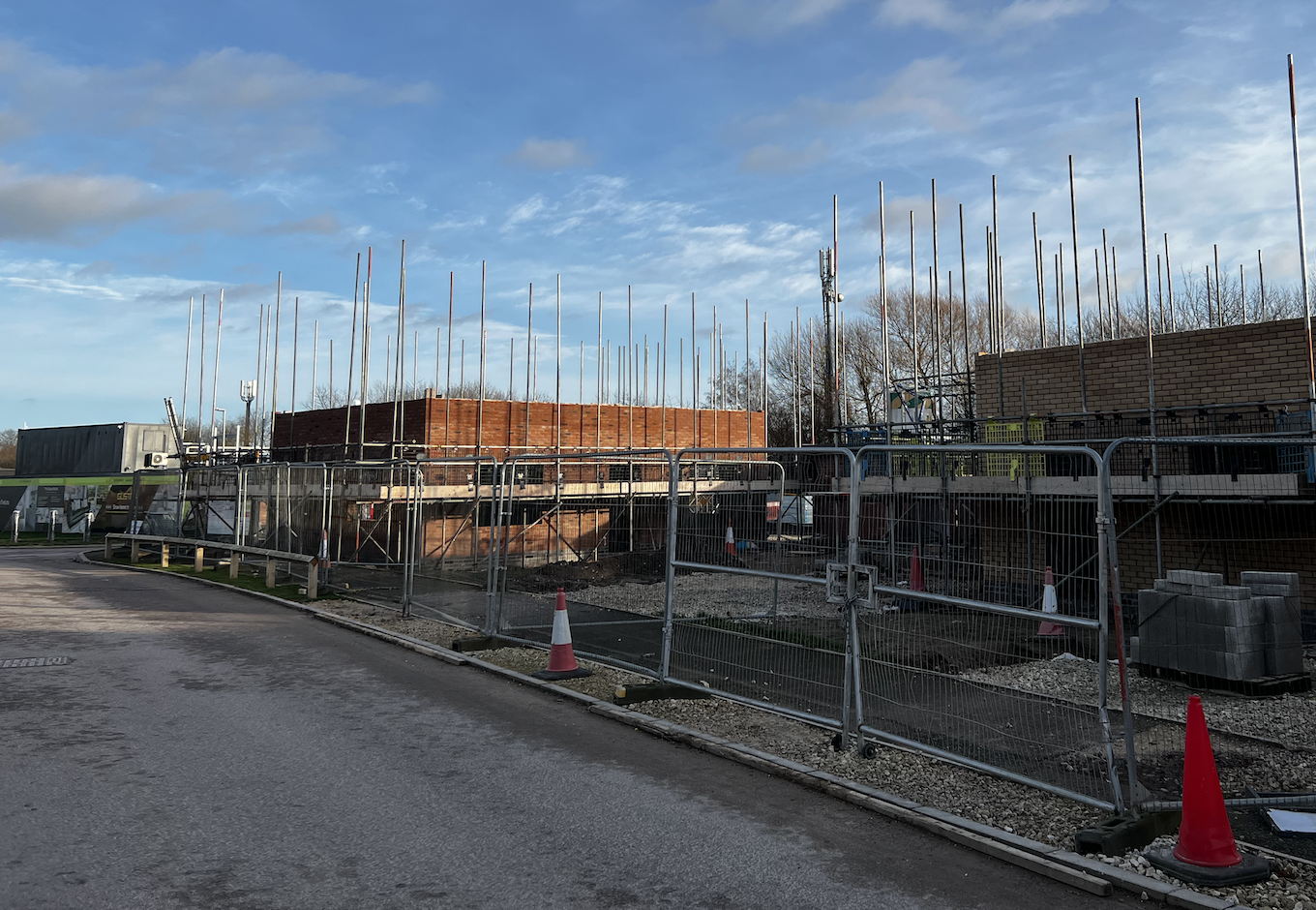The Public Bodies Review into Homes England has been published by the Department for Levelling Up, Housing and Communities (DLUHC), reviewing the function and performance of the government’s housing and regeneration agency. The conclusions, which are broadly supportive of the agency, stress that more should be done to support SMEs in terms of house building to help them access funding and land.
In particular, Conclusion 19 states: “Homes England could do more to facilitate greater participation by SMEs and DLUHC should encourage this. If necessary, the Agency should make a case to the government to tailor or relax land procurement rules to assist in this, while having appropriate measures to ensure good value for money and proper risk management.”
Feedback, on the Levelling Up Home Building Fund (and the previous Home Building Fund) demonstrated that SMEs found the fund had overly stringent criteria and terms of lending, and that the application process was so long that it made applying for it pointless.
In addition, SMEs felt it was difficult to compete against large developers when it came to bidding for land, and that the DPS system was hard to access. One outcome of this appears to be that SMEs may be offered sites outside of this system.
Homes England maintains that it will work to simplify its processes to dispose land and make them more transparent.
Homes England performance
Over the last five years Homes England has facilitated the delivery of nearly 190,000 new homes and unlocked land for a further 390,000 homes. The report assessed this activity, concluding that the agency was the right vehicle for delivering housing supply, regeneration and placemaking. It also put forward recommendations for improving the Homes England’s performance for the future.
The review’s recommendations for DLUHC:
- Determine the balance between the funding for regeneration and placemaking in Priority Places and other funding programmes.
- Confirm agreement with Homes England’s Priority Places for regeneration and placemaking and agree criteria for prioritising places.
- Authorise Homes England to take more risk to deliver more impact; to make its programmes easily accessible to small and medium-sized enterprises (SMEs); and to be even bolder by playing the role of master developer on more large regeneration and placemaking schemes.
- Transfer responsibilities for the Help to Buy scheme and Building Safety Programme out of the agency.
- Propose changes to Homes England’s funding arrangements in the next spending review.
- Design more flexibility into future programmes to allow an effective response when market conditions change.
- Set budgets and efficiency targets for Homes England.
The review’s recommendations for Homes England:
- Define clear objectives and outcome measures for each Priority Place in discussion with local partners and agree them with the government.
- Develop its operating model to focus its work as much on places as on national funding programmes, build closer relationships with priority local authorities, and show how resources are deployed nationally.
- Improve its systems and governance to strengthen performance.
Read the review
Image and word: Duncan Hayes



